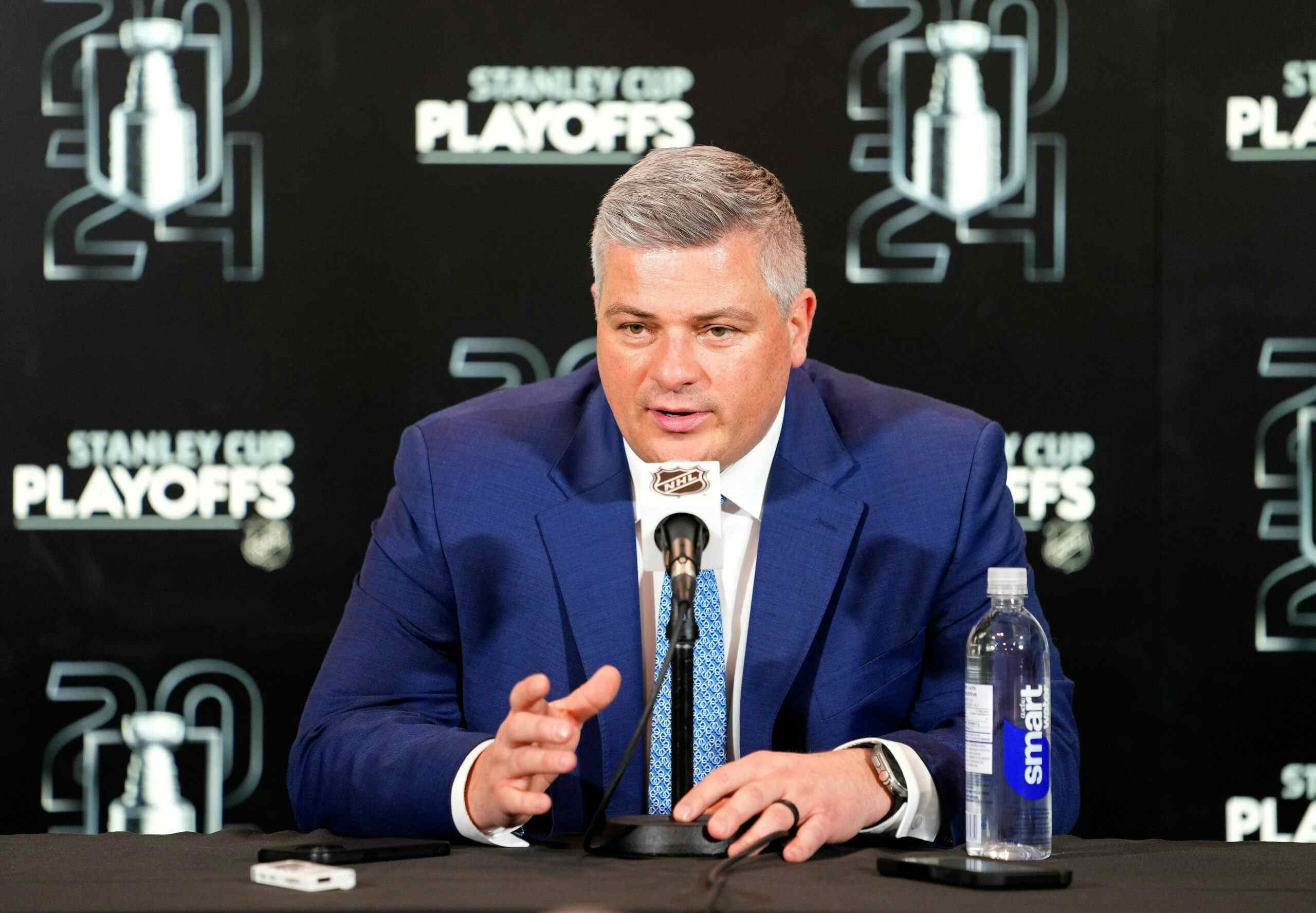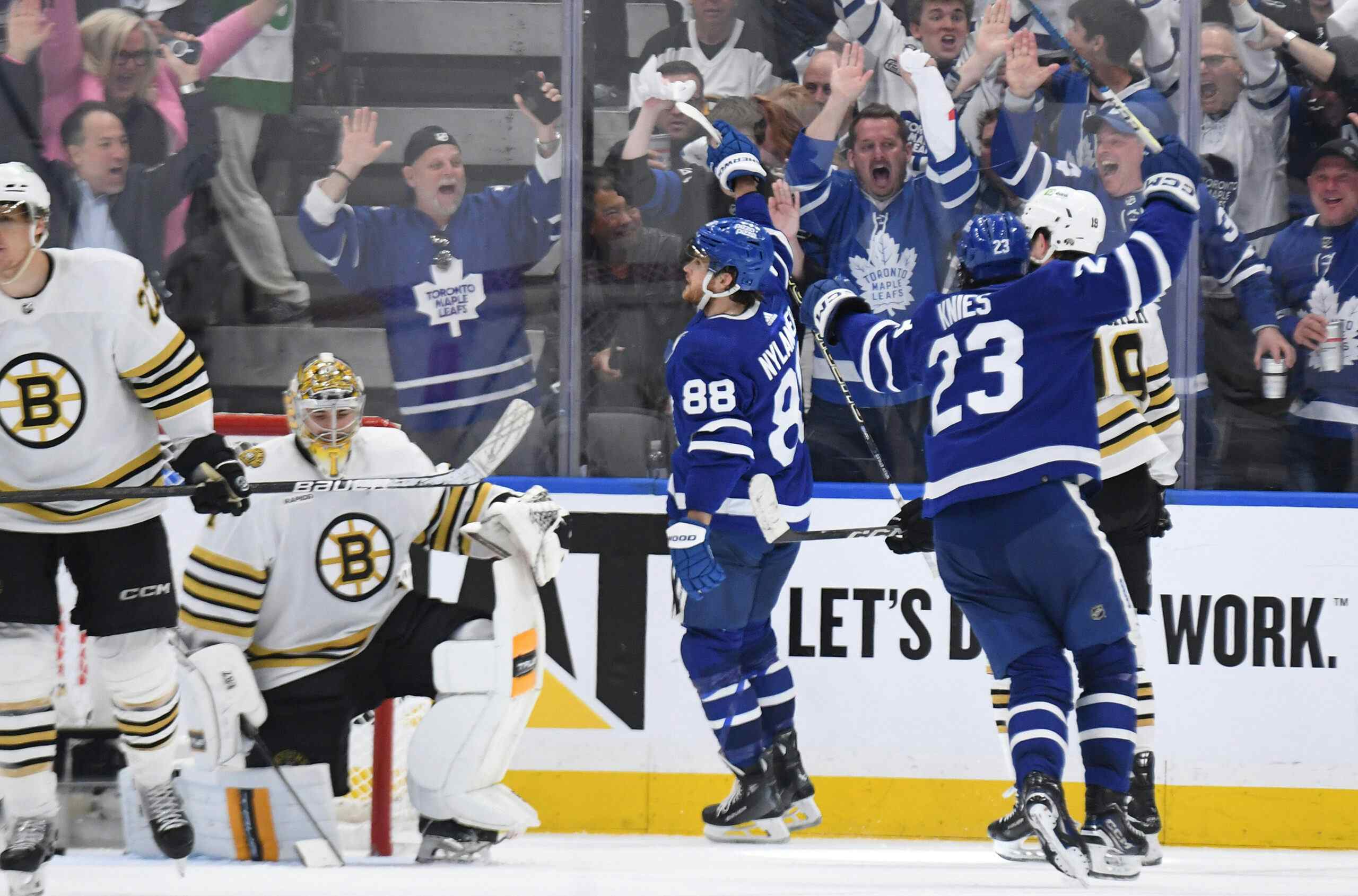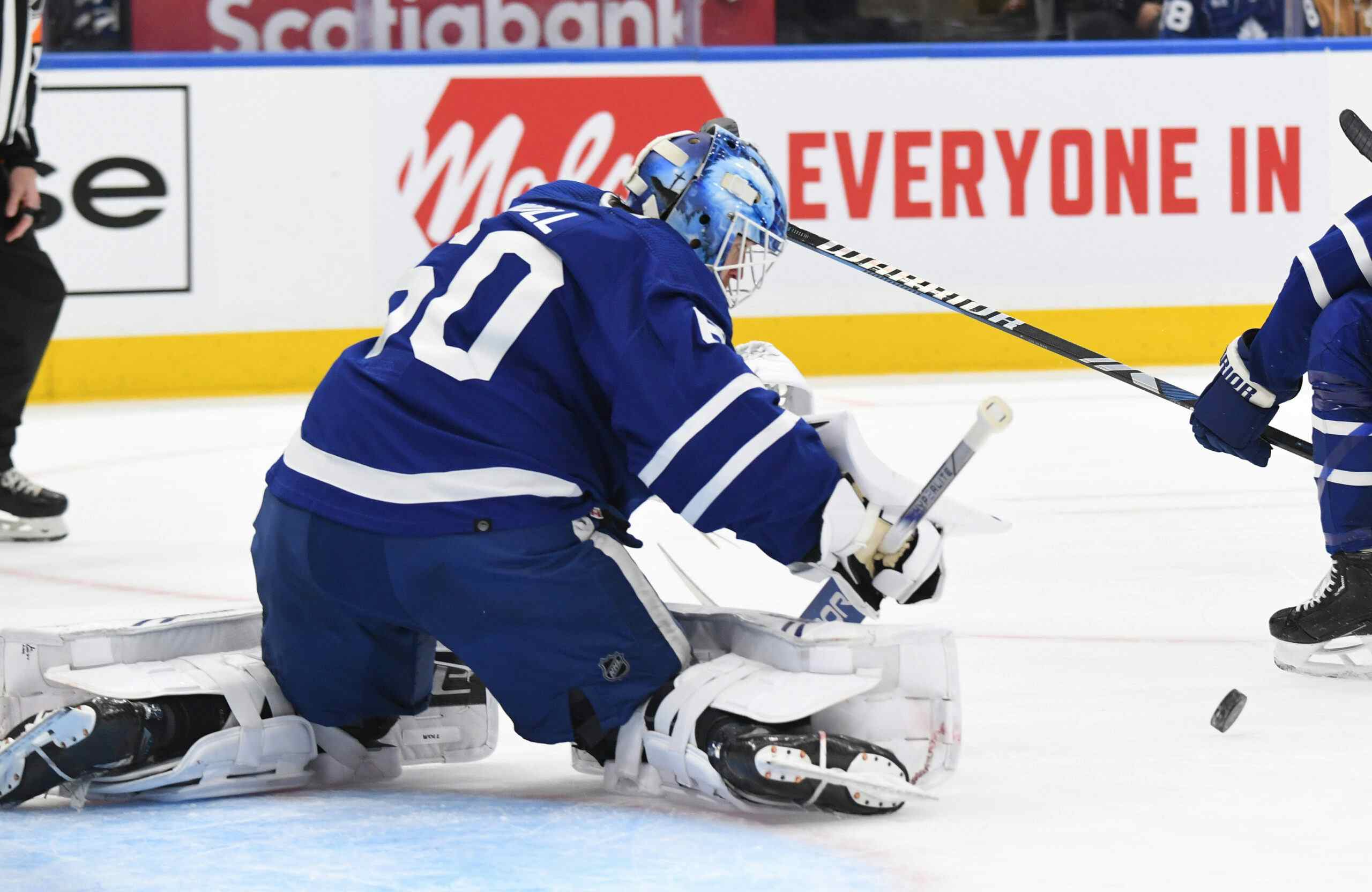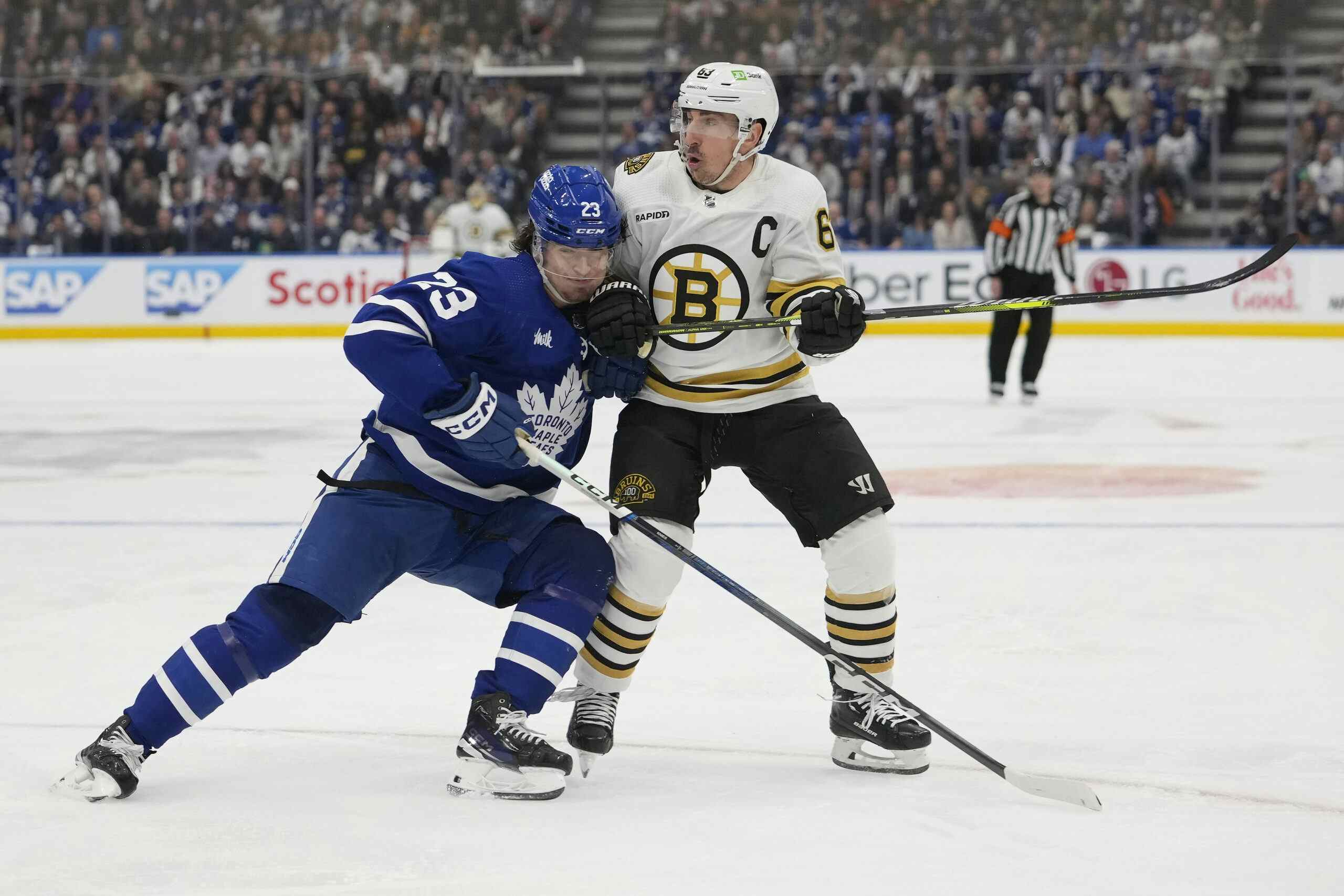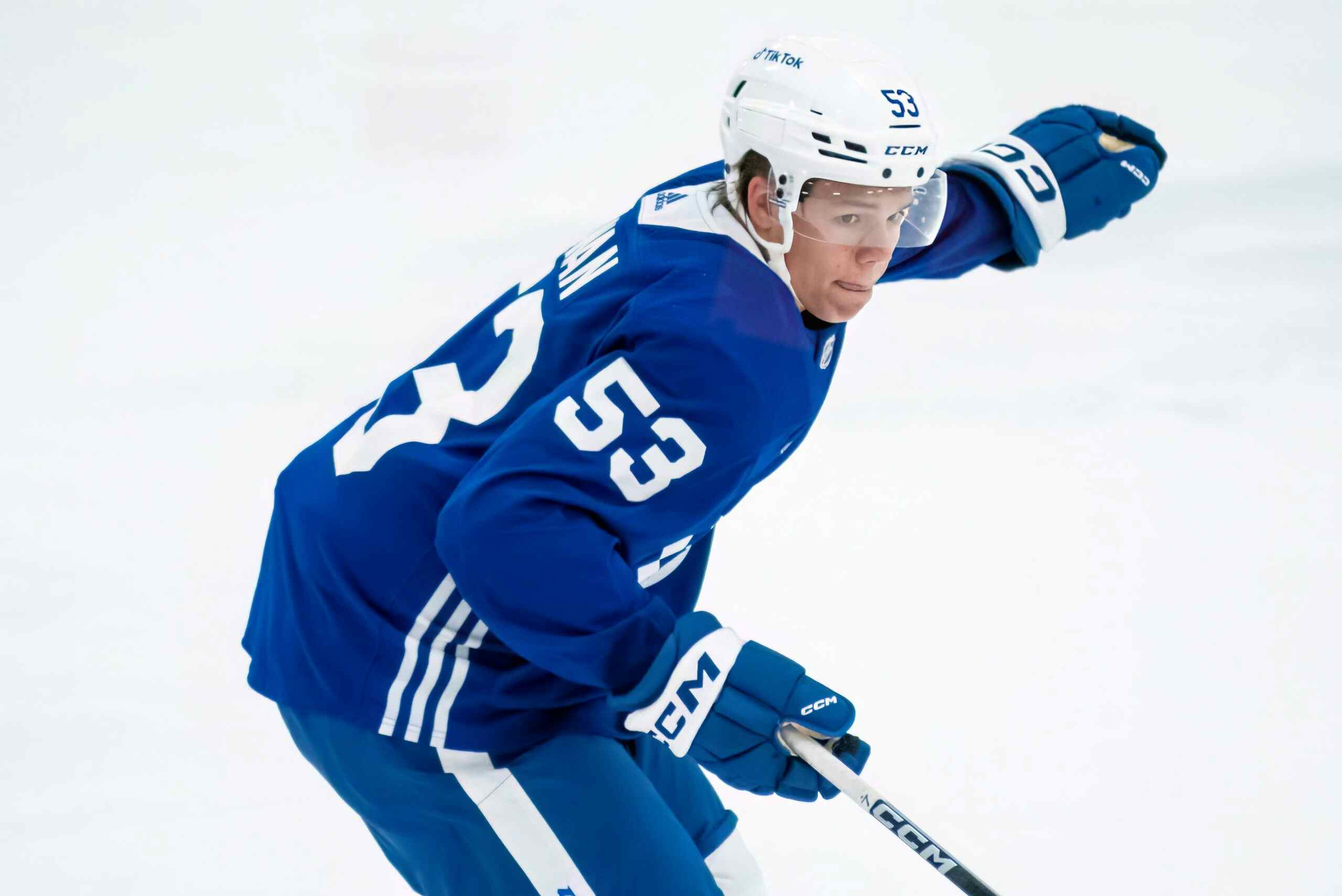Burke firing improves Stanley Cup betting odds for Leafs
By Cam Charron
11 years ago
Nate Silver has theorized that consensus builds models for better forecasts, but even moreso, having a financial stake in the outcome will force people to build better forecasts. Sports odds, by proxy, have a lot to offer.
Basically, sports odds represent the consensus forecasts of people willing to spend money, and they do it well. For a while, I was under the impression that perhaps popular teams got way more favourable odds than less popular teams due to the sheer volume of fans betting on them, changing the line. A quick look at records of Dallas Cowboys games against the spread showed me that, if that was ever a market inefficiency to be exploited by the betting market, it already has been.
Of course, they can be terribly wrong. The betting public had a better opinion than I did of the Buffalo Sabres coming out of Terry Pegula’s offseason before the 2011-12 season. The odds had them fourth in the conference, behind Boston, Pittsburgh, and, er… Washington. Those odds also undervalued the Ottawa Senators, who vaulted into a playoff position with good coaching and an unexpected season from Erik Karlsson.
Dramatic shifts in the betting lines are always worth noting. The Toronto Maple Leafs, as noted in the headline, have gone from 40:1 to 33:1 in the two days since Brian Burke has been fired. In layman’s parlance, that means a $10 bet will now get you $330 if the Leafs win the Stanley Cup as opposed to $400 when the line opened.
For whatever reason, the Leafs went from 40-1 odds to win the Cup to 33-1 since the Burke firing— Daniel Santos (@SantosDan) January 11, 2013
What changed? Well, perhaps the better markets believe that the Leafs are in a better position to win this season with a management change, which has been accepted by the public as the lubricant which will send Roberto Luongo to Toronto in exchange for whatever. Perhaps the betting markets have no confidence in Burke. Perhaps they know the ‘whatever’ isn’t as valuable for a single year run as Luongo. Perhaps it’s entirely coincidental.
However, from Silver’s book The Signal and the Noise: “Successful gamblers—and successful forecasters of any kind—do not think of the future in terms of no-lose bets, unimpeachable theories, and infinitely precise measurements. These are the illusions of the sucker, the sirens of his overconfidence. Succesful gamblers, instead, think of the future as speckles of probability, flickering upward and downward like a stock market ticker to every new jolt of information.” [1]
I’m not too up on sports betting, but I gather that 40:1 to 33:1 is a fairly dramatic shift over two days, even if 33:1 is still fairly long odds, and, since there are 30 teams, still considered to have less than an even chance at winning.
Recent articles from Cam Charron

